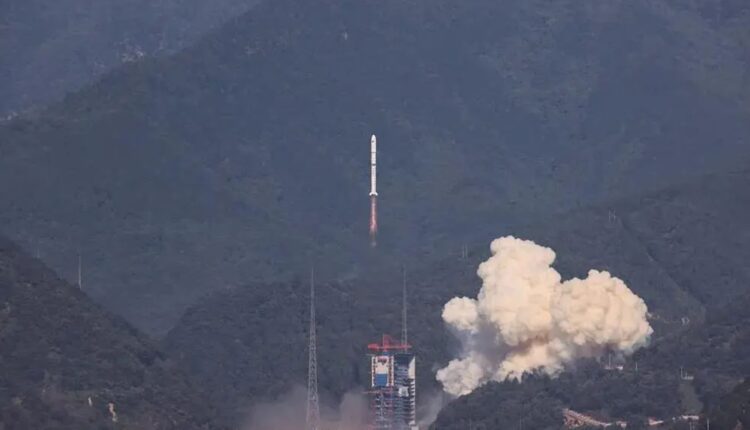©2021 Reporters Post24. All Rights Reserved.
China added three new satellites to its classified Yaogan Earth observation and reconnaissance series with the latest launch out of the hills of southwest China.
A Long March 2D rocket lifted off at 9:28 EDT (1328 GMT, 9:28 p.m. local) on July 7 from Xichang Satellite Launch Center in Sichuan province carrying three satellites designated as Yaogan 35 (03 group).
The new trio join two sets of Yaogan 25 satellite triplets which were sent into orbit by two similar launches in November 2021 and June this year. All nine satellites are now orbiting at roughly 310 miles (500 kilometers) above the Earth, with an inclination of 35 degrees in order to provide regular, repeated passes over areas of interest.
Little is known about most Yaogan (“remote sensing”) satellites and descriptions of their uses are typically vague.
The China Aerospace Science and Technology Corporation (CASC), which developed both the rocket and spacecraft for the mission, stated (opens in new tab)that the satellites would be used for space scientific experiments, monitoring land usage and natural resources, and other scientific purposes.
However, the European Space Policy Institute (ESPI) notes in its recently published yearbook (opens in new tab)on space activities that China’s Yaogan series satellites are perceived by analysts to serve both civil and military users.
As with the earlier pair of Yaogan 35 satellite launches, two of the three satellites were developed by the Aerospace Dongfanghong Satellite Co., Ltd., with the third provided by the Shanghai Academy of Spaceflight Technology (SAST), both of which operate under CASC.
A mission patch released by SAST indicates that the payload adapter, which serves as an interface between a rocket stage and the spacecraft being sent into orbit, carries a drag sail designed to help deorbit the roughly 660-pound (300-kilogram) adapter much sooner than otherwise. SAST debuted the drag sail on the previous Long March 2D launch from Xichang in June.
The launch was China’s 27th of the year. CASC plans to launch more than 50 times throughout 2022.


